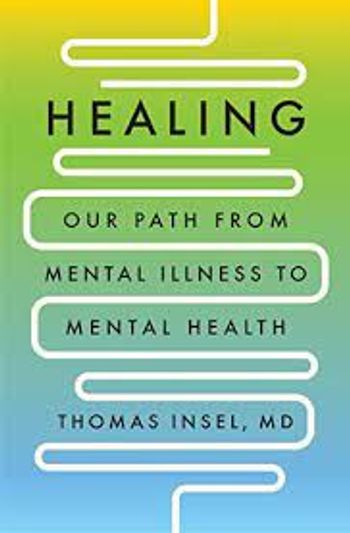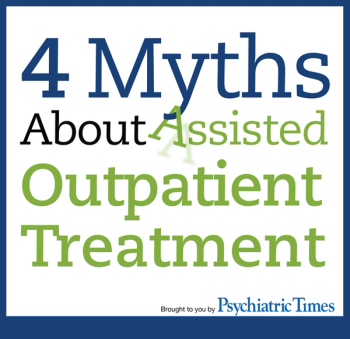
The abysmal conditions in state mental hospitals in the 1940s were caused by 3 factors, none of which are now true. Let’s explore.

The abysmal conditions in state mental hospitals in the 1940s were caused by 3 factors, none of which are now true. Let’s explore.

In this review of Thomas Insel's book, one doctor analyzes the uphill path from mental illness to mental health.

Is cannabis’ effect on schizophrenia being downplayed?

Schizophrenia and bipolar disorder are among the most serious psychiatric disorders and play a disproportionate role among individuals who end up homeless, incarcerated, and who die by suicide. Why the lack of research?

The last major study of the prevalence of schizophrenia in the US was carried out in the early 1980s. The results from that study have been used for 3 decades.

How to decrease recidivism for individuals with serious mental illnesses who are released from jails or prisons or discharged from hospitals? Here are several effective mechanisms.

After lounging on the doorstep of respectability for the past decade, assisted outpatient treatment is here to stay. But some still balk at the notion.

Here: common misconceptions about assisted outpatient treatment--and how this tool can help selected mentally ill patients who are most difficult to treat.

Individuals with serious mental illness are responsible for more than 7% of the nation’s homicides. What can be done to reduce this deadly phenomenon?

Reasons for the overall low rate of clozapine use brings to light questionable decisions on the part of policymakers

The current shortage of psychiatric beds in the US is a major problem. Patients are discharged prematurely and often have to be readmitted or end up homeless or incarcerated.

A report on Medicaid and Medicare fraud, excessive waste, and frivolous expenditures-all at the expense of those who suffer from psychiatric illness.

The funding of mental illness services in the US is more thought-disordered than any of the thought-disordered patients it is meant to serve.

Clearly, some with schizophrenia fare better without antipsychotic drugs. But not all. Many individuals with schizophrenia are better off taking antipsychotic drugs for long-term.

The idea that schizophrenia and bipolar disorder might be caused by infection is not new. New research on infectious agents in patients with schizophrenia and bipolar disorder has implications for psychiatric clinicians.

In the 1800s there was widespread concern over the increase in the number of individuals with severe mental illnesses. Evidence from the 20th and 21st centuries is building that shows a similar trend. Why, then, is this increase not being currently addressed?

E. Fuller Torrey, M.D., explores the battle for control of the state asylums in the late 1800s. Using everything from rational arguments to blatant defamation of character, William Hammond's neurologists and John Gray's psychiatrists duked it out in New York as other states watched carefully in pursuit of what might follow.

Published: June 18th 2014 | Updated:

Published: December 24th 2014 | Updated:

Published: November 18th 2015 | Updated:

Published: February 25th 2016 | Updated:

Published: March 23rd 2016 | Updated:

Published: August 22nd 2016 | Updated: